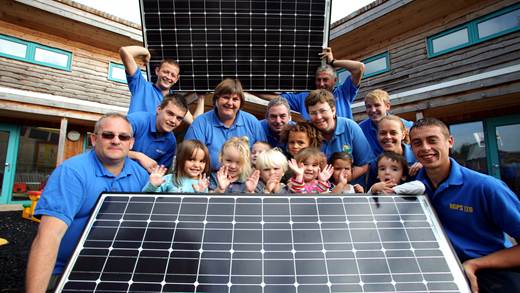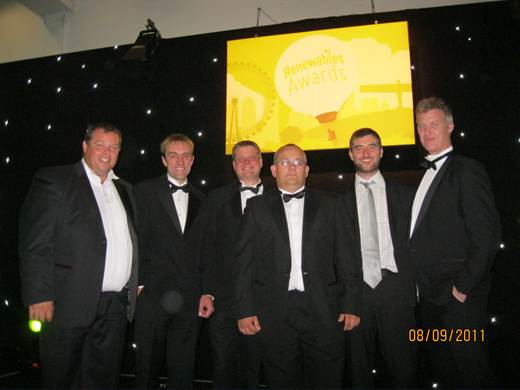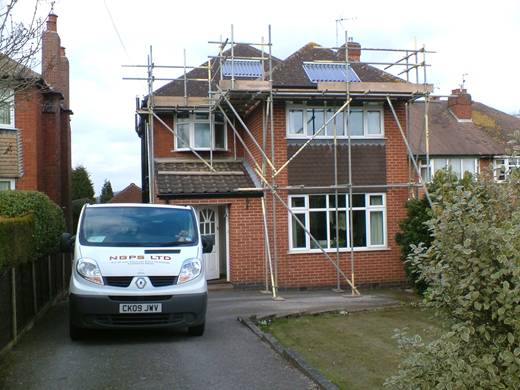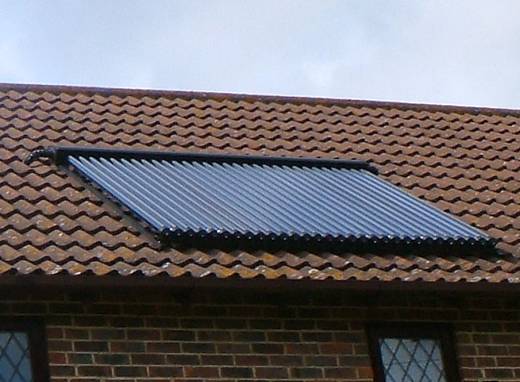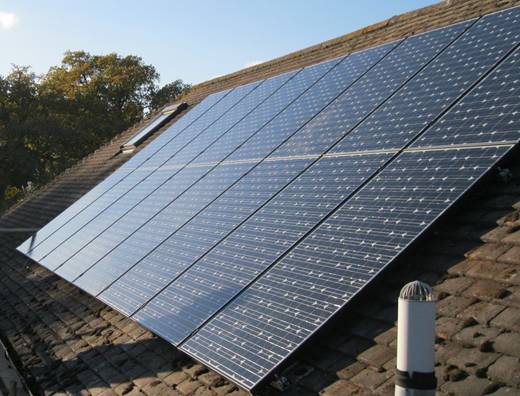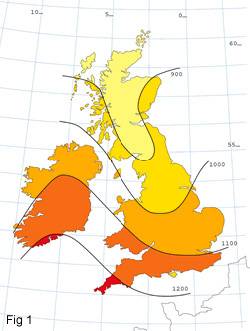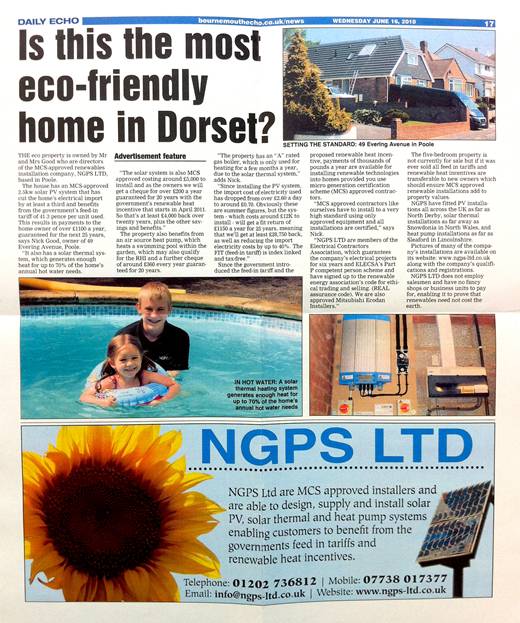Do you want to reduce your carbon footprint and your energy bills, become more self-sufficient in energy, and earn some extra income? The Renewable Heat Incentive (RHI) is a new Government-backed measure being introduced in 2011 to make it worth your while to produce renewable heat.
The RHI is still being designed, but it was announced by The Chancellor of the Exchequer on 20th Oct 2010 that the Incentive will come into force in June 2011.
You earn a fixed income for every kilowatt hour of heat you produce. The types of renewable energy source include – solar thermal panels, heat pumps or biomass (wood burning) boilers.
Save on your heating bills
Many renewable systems produce all the heat you need, so you can consign your old oil-fired, gas or coal boiler to the scrap heap and wave goodbye to fuel bills. Some renewable heat systems might leave your old boiler in as back-up. Even then your heating fuel bills should be greatly reduced
There are three steps to the RHI:
Step One: install renewable heat systems in your property such as solar thermal panels, heat pumps or a biomass (wood burning) boiler
Step Two: an estimate is made about how much heat your renewable energy systems will produce
Step Three: you get paid a fixed amount based on that estimate
Who qualifies for the Renewable Heat Incentive?
Broadly speaking, the Renewable Heat Incentive is for everyone, including households, landlords, businesses, farmers, schools, hospitals, care homes and more. The RHI can even be used by entire communities, coming together to invest in a renewable scheme from which they will all use the heat and share the income.
Who can claim the tariffs?
Anyone who installs a renewable energy system producing heat after July 15th 2009 is eligible to claim the Renewable Heat Incentive. Virtually every property in England, Scotland and Wales is eligible.
When can I claim the tariffs?
You will not be able to claim the tariff until June 2011. However, any system that was installed after July 15th 2009 will be able to claim the Renewable Heat Incentive when it goes live.
For further information about how NGPS can help you claim the RHI contact us on 01202 736812.
Information sourced from www.rhincentive.co.uk

